Since its introduction, ChatGPT (GPT-3.5) artificial intelligence software has sent shockwaves through the cybersecurity and privacy communities with its abilities to identify weaknesses in code, generate malware, and craft convincing phishing emails.
Does AI software belong on your cyber risk register, and if so, how might it be articulated?
In this presentation, data protection attorneys will offer their perspectives on this new threat and how organizations can best reflect it in their registers, as well as answer your questions.
Takeaways include:
• The relationship between cyber risk registers and their enterprise risk counterparts
• The nature of the threat of ChatGPT and other contemporary AI software
• Ideas for presenting the risks of AI to your board and obtaining the resources you need
Attendees are eligible to receive 1 CPE credit.
Generously supported by:
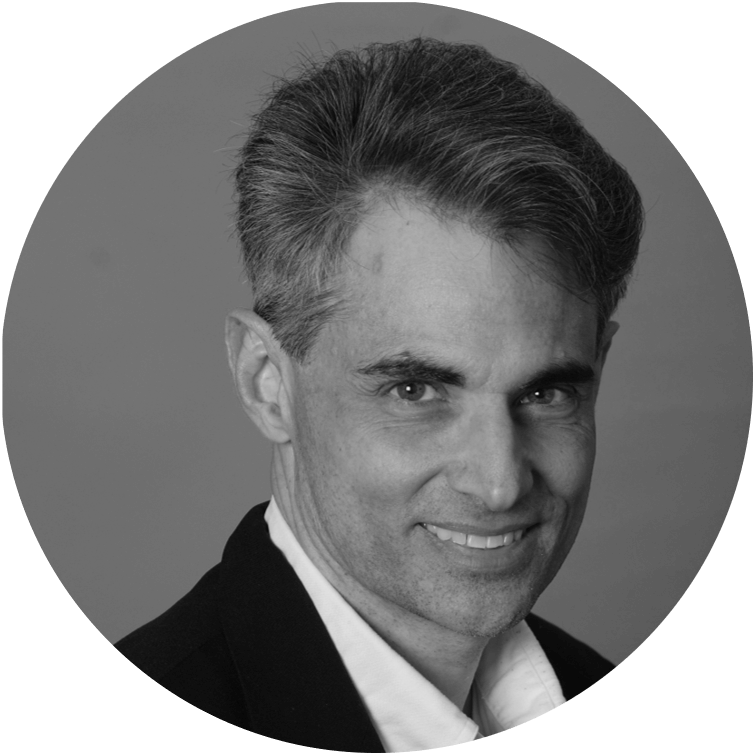
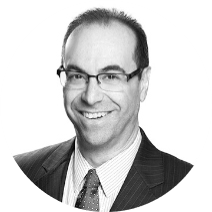
Rick Borden is a partner in the Privacy & Data Security Group at Frankfurt Kurnit. He drafts privacy policies and cybersecurity compliance documents, and assesses data sharing, protection and the collection and use of employee and consumer personal data. Rick was a Cybersecurity lawyer at Bank of America and the Chief Privacy Officer and Cybersecurity Counsel at The Depository Trust and Clearing Corporation. He currently helps clients comply with the New York State Department of Financial Services Cybersecurity Regulation, SEC Cybersecurity Rules and enforcement, the wave of new state privacy laws coming out of California, Virginia, Colorado, Utah, and Connecticut, and emerging issues with new Consumer Financial Protection Bureau rules for digital marketing agencies.
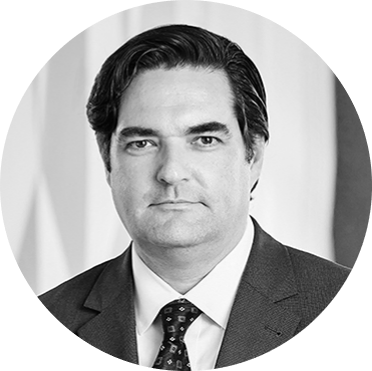
David N. Patariu focuses his practice on matters related to privacy, cybersecurity, and data protection. David has counseled clients on regulatory compliance, litigation, mergers and acquisitions (M&A), intellectual property (IP), product development, and due diligence. He has a background in the technology industry, advising clients on compliance with laws and regulations at the state, federal, and global levels. David graduated from Cornell University with a B.A. and M.Eng. (computer science), earned a graduate degree in biomedical informatics from Stanford University Medical School, and earned a law degree from Loyola Chicago. He is admitted to and practice law in multiple states and the District of Columbia, having passed five bar exams (CA, NY, NJ, IL, TX). David is also a Privacy Law Specialist (PLS) and International Association of Privacy Professionals (IAPP) Fellow of Information Privacy (FIP). He has also attained the Information Privacy Manager (CIPM), Information Privacy Professional United States (CIPP/US), and Information Privacy Professional Europe (CIPP/E) credentials awarded by the IAPP. For cybersecurity, David has earned the (ISC)2 Certified Information Systems Security Professional (CISSP) credential, the gold standard of InfoSec certifications. David's knowledge spans a range of security issues, including data breaches, information privacy, cyberattacks, network architecture, incident responses, and risk management.
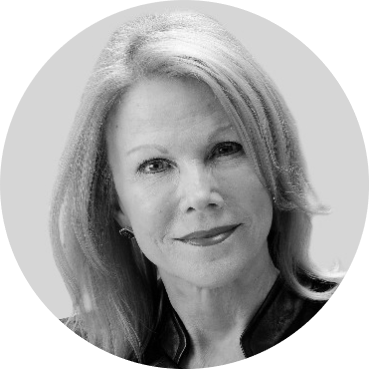
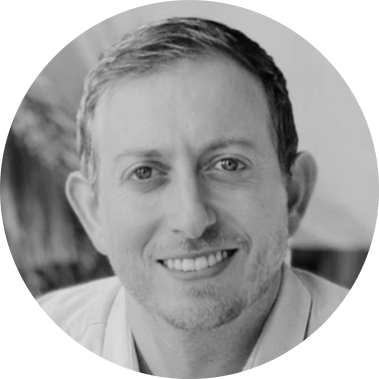
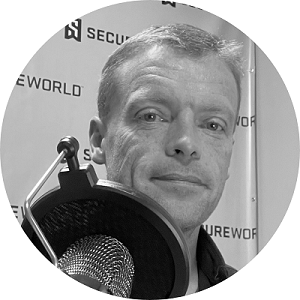
Tom has been part of the SecureWorld team for over 14 years. He has launched several of the regional conferences we hold today. Tom is currently responsible for SecureWorld Digital, which provides educational content to the SecureWorld audience. He produces, executes, and moderates the majority of the Remote Sessions webcasts while also working closely with the SecureWorld event directors to build relevant agendas at the regional conferences.
Questions? Have an idea for a topic? Interested in sponsoring our web programs?